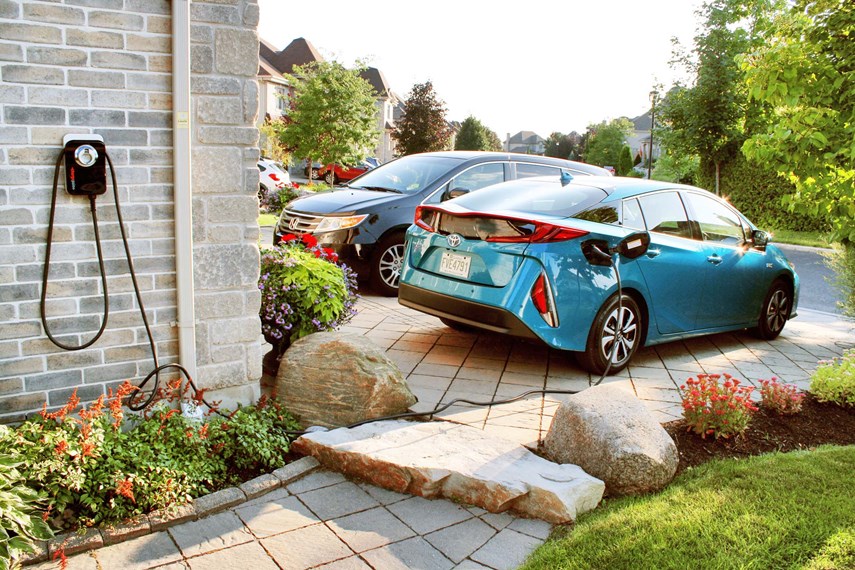Introduction
With the rising popularity of electric vehicles (EVs), more homeowners are considering installing EV chargers to conveniently power their eco-friendly rides. However, before you rush into the installation process, it’s essential to assess whether your current electrical panel can handle the increased load. In this article, we’ll explore the reasons why upgrading from a 100A to a 200A panel may be necessary for installing an EV charger and what factors you should consider before making the decision.
Understanding Your Electrical Panel
Your home’s electrical panel, also known as the circuit breaker panel, is the central hub that distributes electricity to various circuits throughout your house. It is rated in amperage (A), which indicates how much current it can safely handle. A standard panel is usually rated at 100A, which is sufficient for most households with average electrical demands.
Assessing Your Current Electrical Load
Before deciding on an upgrade, you need to evaluate your home’s current electrical load. A 100A panel can comfortably handle the needs of a typical household with moderate power consumption. However, if you’ve recently added new appliances or experienced more power-hungry activities, your panel might already be operating near its maximum capacity.
EV Charger Requirements
Electric vehicle chargers come in various levels, with Level 1 being the most basic and Level 2 being the most common for home installations. Level 2 chargers typically require a 240V circuit with specific amperage ratings, commonly 30A or 40A. If your existing panel lacks the capacity to support the charger’s amperage requirements, an upgrade to a 200A panel may be necessary to accommodate the EV charger safely.
Future Expansion Considerations
Upgrading to a 200A panel not only prepares your home for the EV charger but also allows for future expansion. If you have plans for home renovations, additional electrical appliances, or other power-intensive devices, a higher capacity panel can handle the increased demands without overloading the system.
Cost and Feasibility
While upgrading to a 200A panel offers numerous advantages, it is essential to consider the cost and feasibility of the project. Upgrading an electrical panel is a complex task that involves rewiring and potentially replacing the panel itself. As such, it can be a significant expense. Before making any decisions, consult with a licensed electrician who can assess the feasibility of the upgrade and provide you with a cost estimate.
Local Regulations and Permits
Electrical work, including panel upgrades and EV charger installations, often requires permits and must adhere to local building codes. Contact your local building department and electric utility to ensure you comply with all necessary regulations and obtain the required permits for your project.
Conclusion
As electric vehicles become more mainstream, installing an EV charger at home offers undeniable convenience and sustainability benefits. However, it’s crucial to ensure that your electrical panel can handle the increased load. If your current panel is nearing its capacity or if you anticipate future electrical upgrades, upgrading from a 100A to a 200A panel might be the best solution. Always consult with a professional electrician to assess your specific electrical needs and make informed decisions about upgrading your panel for a seamless EV charging experience.

